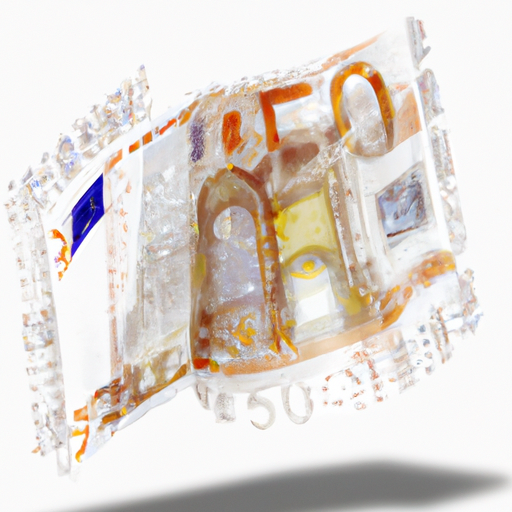Published on: October 23, 2023
What is Programmable Money?
Programmable money is a revolutionary concept that leverages the power of blockchain technology to enable automated and programmable financial transactions. Unlike traditional money, which acts as a physical or digital medium of exchange, programmable money allows for smart contracts to dictate the terms and conditions of transactions, creating a more secure and efficient financial ecosystem.
The Role of Smart Contracts
Smart contracts are self-executing contracts with the terms of the agreement directly written into code. They operate on blockchain networks, ensuring transparency and security. With programmable money, transactions can be completed without the need for intermediaries, reducing costs and increasing transaction speed.
Impacts on Financial Transactions
The integration of programmable money is transforming various sectors by allowing businesses and individuals to create custom financial arrangements. For instance, in the real estate sector, transactions can be automated from property leasing to sales, enhancing compliance and trust.
Furthermore, programmable money can facilitate instant transfers across borders, significantly reducing the time and costs associated with traditional banking systems.
Challenges Ahead
Despite the potential benefits, the adoption of programmable money faces challenges, including regulatory hurdles, security concerns, and the need for widespread technological infrastructure. As governments and financial institutions grapple with how to regulate this new landscape, the future of programmable money remains an exciting and dynamic field.
The Future of Finance
As we move forward, the trend of programmable money is expected to expand, paving the way for a new era of financial transactions. Businesses and consumers alike must stay informed and adaptable to harness the full potential of this technology.




